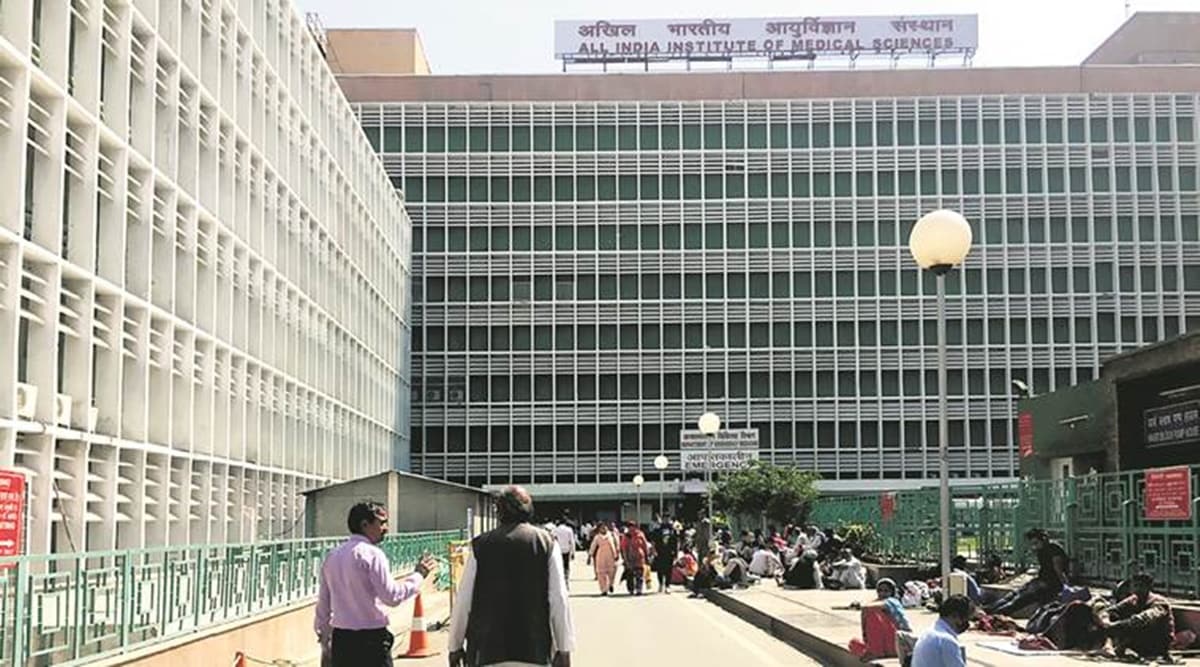 Of the 122 Covid patients treated at the AIIMS in July-August, 53% exhibited non-pulmonary symptoms.
Of the 122 Covid patients treated at the AIIMS in July-August, 53% exhibited non-pulmonary symptoms.At AIIMS, about 53 per cent of Covid-19 cases reported in July and August had no symptoms involving the lungs, indicating that the virus has manifestations that go beyond that organ.
Discussing the extra-pulmonary manifestation of Covid at the National Grand Rounds, experts from departments of medicine, cardiology and neurology at AIIMS said it has turned into a multi-system disease.
Dr Randeep Guleria, AIIMS director and pulmonologist, said, “What we thought of as a simple viral pneumonia has a lot of other manifestations beyond the lungs. As we have learnt more and more, we realise it causes many extra-pulmonary manifestations. This is basically because of the fact that this virus enters into cells through ACE2 receptors, and these receptors are also present in many organs…”
Of the 122 Covid patients treated at the AIIMS in July-August, 53% exhibited non-pulmonary symptoms. Of these patients, 30% did not have comorbidities. Diabetes and hypertension were the most common comorbidities for 21 per cent and 20 per cent of the patients respectively. Other comorbidities included renal transplants, cancers and HIV/TB.
Guleria also said that following up with patients was important in the long term as they may develop lung fibrosis, cardiac dysfunction or neuro dysfunction.
Dr Ambuj Roy, head of cardiology at AIIMS, said, “Covid can lead to cardiac complication as part of the systemic disease, or it could trigger cardiac ailments, or be coincidental to it. We have seen that other influenza-like diseases can lead to acute coronary events. So we must make sure patients are on secondary prevention for cardiovascular diseases.”
Abnormalities in blood coagulation, blood clots in veins and lungs were also seen in higher frequency in patients and have caused many deaths, experts said. High-grade fevers, hypotension and multi-organ dysfunction was seen especially in patients with comorbidities.
Speaking about cases of alleged re-infection, Guleria said it was not a problem right now. “There were a lot of reports that came from South Korea that there were cases of reinfection and then it was discovered that it was just continuous viral load shedding which is not infectious…,” he said.